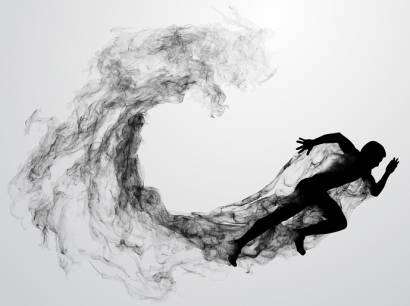This Week's Story
subscribe to podcast [click here] or play audio below
How will we deal with a tornado of change?

This Week’s Story relives American history and the Bible through brief inspiring stories presented on mp3 audio recordings and text for reading.
Change Battles, part two
Two men were protecting their turf, each with presence—one was black, and one white. One was a city detective from the North, the other a Southern gentleman in his private greenhouse. One had superb speech and grace. He was black. One assumed privilege and he was white.
It was he who slapped Detective Virgil Tibbs. With no pause Detective Tibbs slapped Mr. Endicott. Silence. Mr. Endicott recovered enough to say, “There was a time when I could have had you shot.”
Americans reacted instantly when they saw that scene in the movie In the Heat of the Night. In one theatre in New Orleans people began clapping. In some venues people sat stunned and quiet. It was 1967 and civil rights was a major struggle in the United States.
Blacks wanted rights granted to them by the U.S. Constitution and stated in the Declaration of Independence. They wanted rights granted by federal and state laws to be enforced. Changes began coming. Not easily!
Guess Who’s Coming to Dinner? came the same year: 1967. In the film convictions and prejudices are argued. A black doctor and a white woman want to marry. Together they visit their parents. The parents of the black doctor are opposed to the marriage and the other parents, who consider themselves liberal, question how an interracial marriage can survive brutal opposition.
Joanna’s father asks John, “Have you thought what people would say about you? In 16 or 17 states you’d be breakin’ the law. You’d be criminals.”
John considers the possibility and asks, “And say they changed the law?”
In May 1967 as Guess Who’s Coming to Dinner was being filmed, simultaneously the United States Supreme Court was considering the issue of interracial marriage. June 12, 1967 the court ruled that states could not enforce laws that banned marriage on racial grounds.
History shows that American culture was changing. Interracial marriage would become part of it. The media reflected it and gave it more momentum. The judicial branch of the U. S. government legalized it for the country. How would Americans react?
Today, two generations later, do young people understand how deep American’s racial attitudes and divisions were in the 1960’s?
How do we evaluate change? How will we deal with today’s tornado of changes in technology? Will we recognize how it is changing how we speak, think, and spend time together? Are we participants, observers, or escapees? What are our choices? Who or what will help us?
Jesus had advice for being more than reflectors or enemies of change. He said to people who followed Him. “Be in the world but don’t be of it.” “Be salt.” Flavoring!
This is Barbara Steiner with questions about change that many people around the world are asking.
Check out thisweeksstory.com
<< previous story] [next story >>
We invite your comments! [click here to comment]
This Week's Story is a non-profit supported by listeners. [click here to make a donation]
